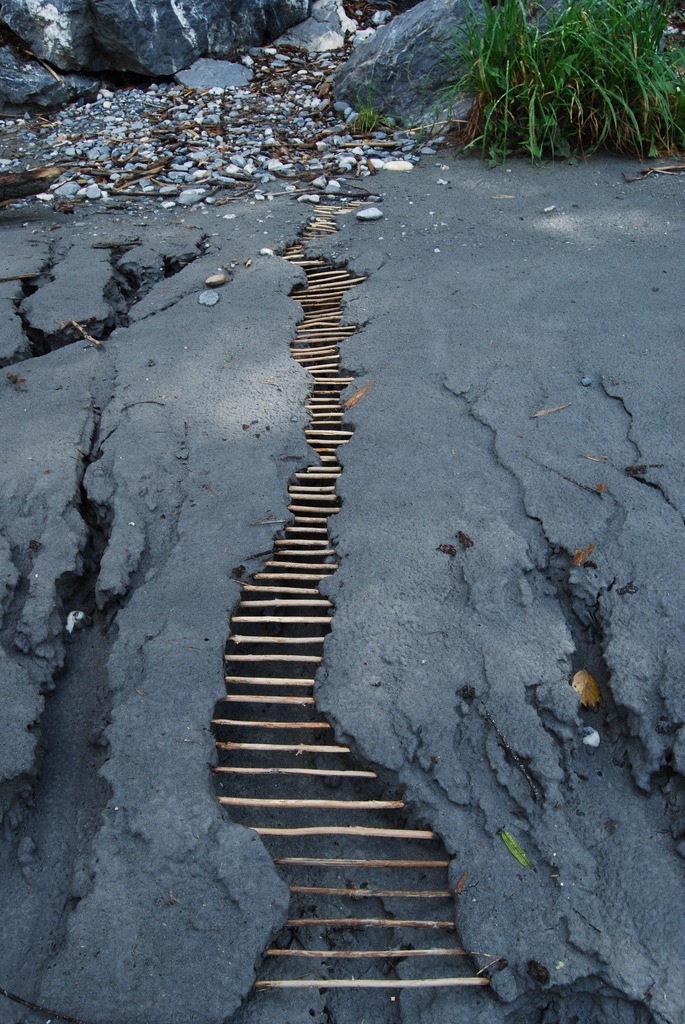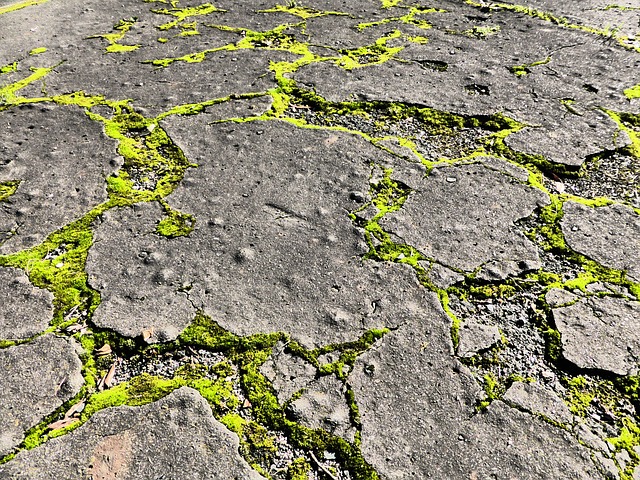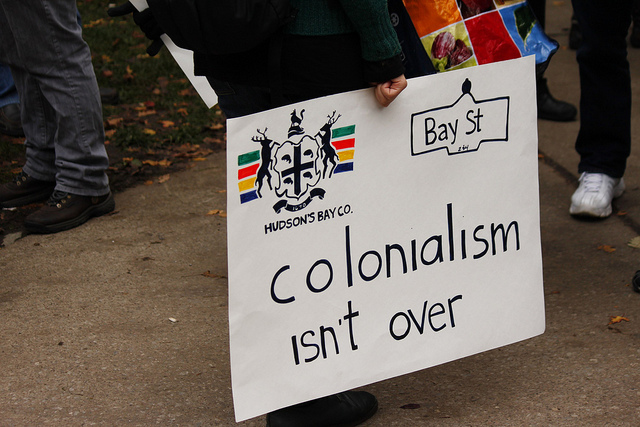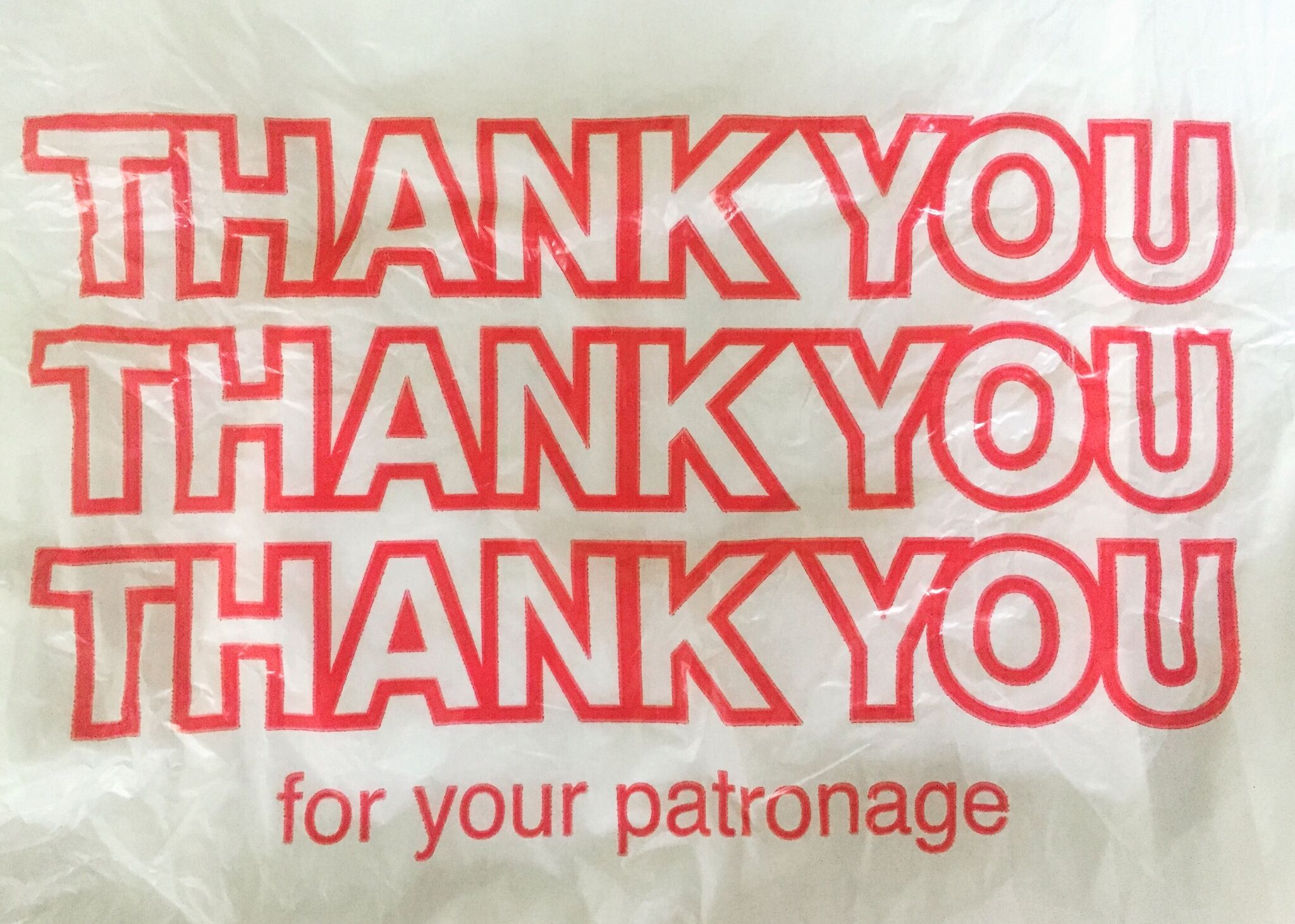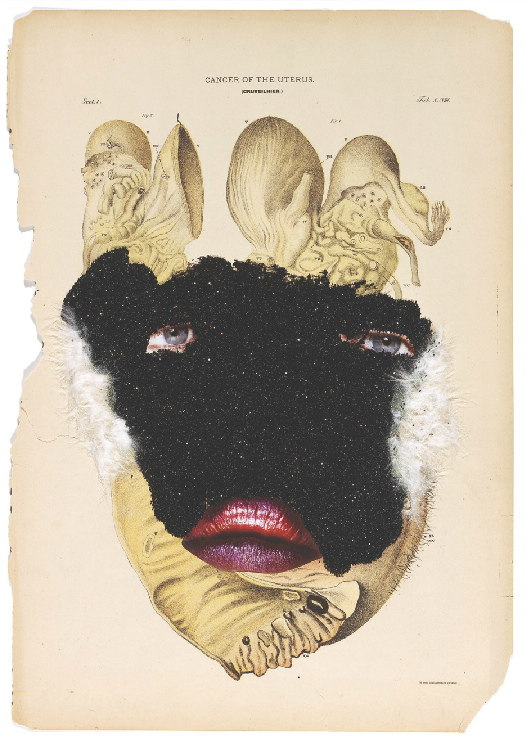Edited by Chris A Eng and Amy K King, this first of a two-part forum identifies and contemplates the emergent potential of four analytics for imagining alternative humanities. Structuring thought across disciplines, these analytics resonate strongly with the specific ways that cultural studies shifted, developed, and refined its ideas and focus: J. Kēhaulani Kauanui takes up settler colonialism; Kyla Wazana Tompkins, New Materialism; Julie Avril Minich, disability; and Jodi Melamed, institutionality.
Emergent Critical Analytics for Alternative Humanities
Edited by Chris A. Eng and Amy K. King
This forum identifies and contemplates the emergent potential of four analytics for imagining alternative humanities. Structuring thought across disciplines, these analytics resonate strongly with the specific ways that cultural studies shifted, developed, and refined its ideas and focus: J. Kēhaulani Kauanui takes up settler colonialism; Kyla Wazana Tompkins, New Materialism; Julie Avril Minich, disability; and Jodi Melamed, institutionality.
Toward Alternative Humanities and Insurgent Collectivities
Introduction to Part II of the forum, Emergent Critical Analytics for Alternative Humanities. Here, emergent scholars respond to essays by J. Kēhaulani Kauanui, Kyla Wazana Tompkins, Julie Avril Minich, and Jodi Melamed, each of whom elaborated on the alternative possibilities of dealing with the legacies of settler colonialism, new materialisms, disability, and institutionality in Part I, published in Lateral 5.1.
Settler Colonialism
Orginal Essay
“A Structure, Not an Event”: Settler Colonialism and Enduring Indigeneity
J. Kēhaulani Kauanui discusses the distinctive shifts toward examining Patrick Wolfe’s theory of settler colonialism as ‘a structure, not an event.’ Kauanui argues that a substantive engagement with settler colonialism also demands a deep rethinking of the associated concept of indigeneity–distinct from race, ethnicity, culture, and nation(ality)–along with the field of Native American and Indigenous Studies.
Responses
Ongoing Colonial Violence in Settler States
Response to J. Kēhaulani Kauanui, “A Structure, Not an Event: Settler Colonialism and Enduring Indigeneity,” published in Lateral 5.1. Jafri articulates how a critical race feminist/queer lens makes possible thinking that sees the repetitions of racialized, gendered, sexualized colonial violence.
The Times of Settler Colonialism
Response to J. Kēhaulani Kauanui, “A Structure, Not an Event: Settler Colonialism and Enduring Indigeneity,” published in Lateral 5.1. Gniadek approaches settler colonialism via questions of time—asking When is settler colonialism?—which reveals how narratives of national belonging tend to operate, as narrative confrontations that facilitate violence throughout and across time.
Thinking with Melissa Gniadek and Beenash Jafri
In “The Times of Settler Colonialism,” Melissa Gniadek urges me to go beyond the formulation of settler colonialism conceived as a problem of space. She pushes to further consider how Wolfe’s theorization of settler colonialism as structure (not an isolated episode) to examine “not only how histories of invasion do not stop, but also how…
New Materialist Philosophy
Orginal Essay
On the Limits and Promise of New Materialist Philosophy
Kyla Wazana Tompkins questions the structures informing claims of newness posed by discussions of “New Materialism.” She discusses the troubling ways in which these discourses, in turning toward the post- or non-human, can ironically reinforce assumptions about a universal human subject and elide considerations of gender, race, and power.
Responses
Exploring the Promise of New Materialisms
Response to Kyla Wazana Tompkins, “On the Limits and Promise of New Materialist Philosophy,” published in Lateral 5.1. Shomura mediates upon the promise and possibilities that new materialisms affords in its attentiveness to the material.
Rematerializations of Race
Response to Kyla Wazana Tompkins, “On the Limits and Promise of New Materialist Philosophy,” published in Lateral 5.1. Huang reassesses the methodological implications of new materialisms by grappling with renewed attention to form in literary studies to articulate the varying processes by which racial difference becomes elided, rematerialized, and remade.
Response to Michelle N. Huang and Chad Shomura
I am very grateful to Michelle N. Huang and Chad Shomura for their extensive engagement with my short and rather off-the-cuff thoughts on the limits and possibilities of new materialism. Their detailed and thoughtful responses extend and flesh out the work that I started to do in my original essay, taking my bullet-pointed aggravation with…
Critical Disability Studies
Orginal Essay
Enabling Whom? Critical Disability Studies Now
Advising against the potential ways in which scholarship might take up disability by fetishizing difference and reaffirming dominant models of able-bodiedness, Julie Avril Minich calls for work to be first and foremost accountable to people with disabilities: this means making knowledge accessible. In order for knowledge to be accessible, Minich stresses, the labor of accessibility must be addressed on an institutional level.
Responses
Critical Disability Studies as Methodology
Response to Julie Avril Minich, “Enabling Whom? Critical Disability Studies Now,” published in Lateral 5.1. Schalk calls for a shift in thinking that directly affects action and discusses creating classroom experiences that help students to critique intersecting social structures in their everyday encounters.
Toward a Crip-of-Color Critique: Thinking with Minich’s “Enabling Whom?”
Response to Julie Avril Minich, “Enabling Whom? Critical Disability Studies Now,” published in Lateral 5.1. Kim elaborates upon a crip-of-color critique, which has possibilities to both criticize structures that inherently devalue humans and to take action to work toward justice. Kim’s final call is to identify and act against the inequalities and harm of academic labor, urging readers to take seriously a “politics of refusal” that might help academics of color survive through alternative collectivities.
Thinking with Jina B. Kim and Sami Schalk
It is an honor and a privilege to read these careful and insightful responses to my provocation by Jina B. Kim and Sami Schalk, two intellectuals whose body of work, in my estimation, demonstrates exactly the kind of critical engagement I had in mind when I proposed the idea of critical disability studies as methodology…
Institutionality
Orginal Essay
Proceduralism, Predisposing, Poesis: Forms of Institutionality, In the Making
Jodi Melamed reassesses the analytic of institutionality, which has largely been theorized as a dominant tool of the university in incorporating the emergent and muting the oppositional. In particular, Melamed identifies dominant discussions of institutionality that see global neoliberalism as a new, all-totalizing force. Instead, by reassessing the historical conditions of racial capitalism that make possible the ‘global,’ Melamed also excavates a genealogy of radical resistance that might allow us to rethink institutionality toward collective solidarity.
Responses
The Contexts of Critique: Para-Institutions & the Multiple Lives of Institutionality in the Neoliberal University
Response to Jodi Melamed, “Proceduralism, Predisposing, Poesis: Forms of Institutionality, In the Making,” published in Lateral 5.1. Tabares invites us to question the role of what he calls ‘para-institutions,’ such as corporations, in shaping and influencing the logics and investments within the university. As a counterpoint to these processes, he ponders the possibilities of seizing upon the elements of proceduralism in mobilizing forms of collectivity that can span across institutional contexts outside the academy.
Neoliberalism, Racial Capitalism, and Liberal Democracy: Challenging an Emergent Critical Analytic
Response to Jodi Melamed, “Proceduralism, Predisposing, Poesis: Forms of Institutionality, In the Making,” published in Lateral 5.1. Aho pointedly argues that studies of institutionality all too often substantiate what she calls neoliberalocentrism, which readily posits neoliberalism as the singular paradigm into narrating a teleological development of history. Instead, she echoes Kim and Schalk to articulate ‘crip-of-color materialism’ as an analytic that thickens understandings about global structures of inequity and fissures within them.
Response to Tanja Aho and Leland Tabares: Madness and Parainstitutionality
Tanja Aho’s response both criticizes a scholarly trend she identifies as “neoliberalcentrist analytics” for presuming neoliberalism’s homogeny, hegemony, and totality and introduces a new critical analytic, “crip of color materialism,” which Aho describes as “the convergence of a historical materialist critical disability studies/crip theory/mad studies with critical race theory and queer of color critique.” This…
